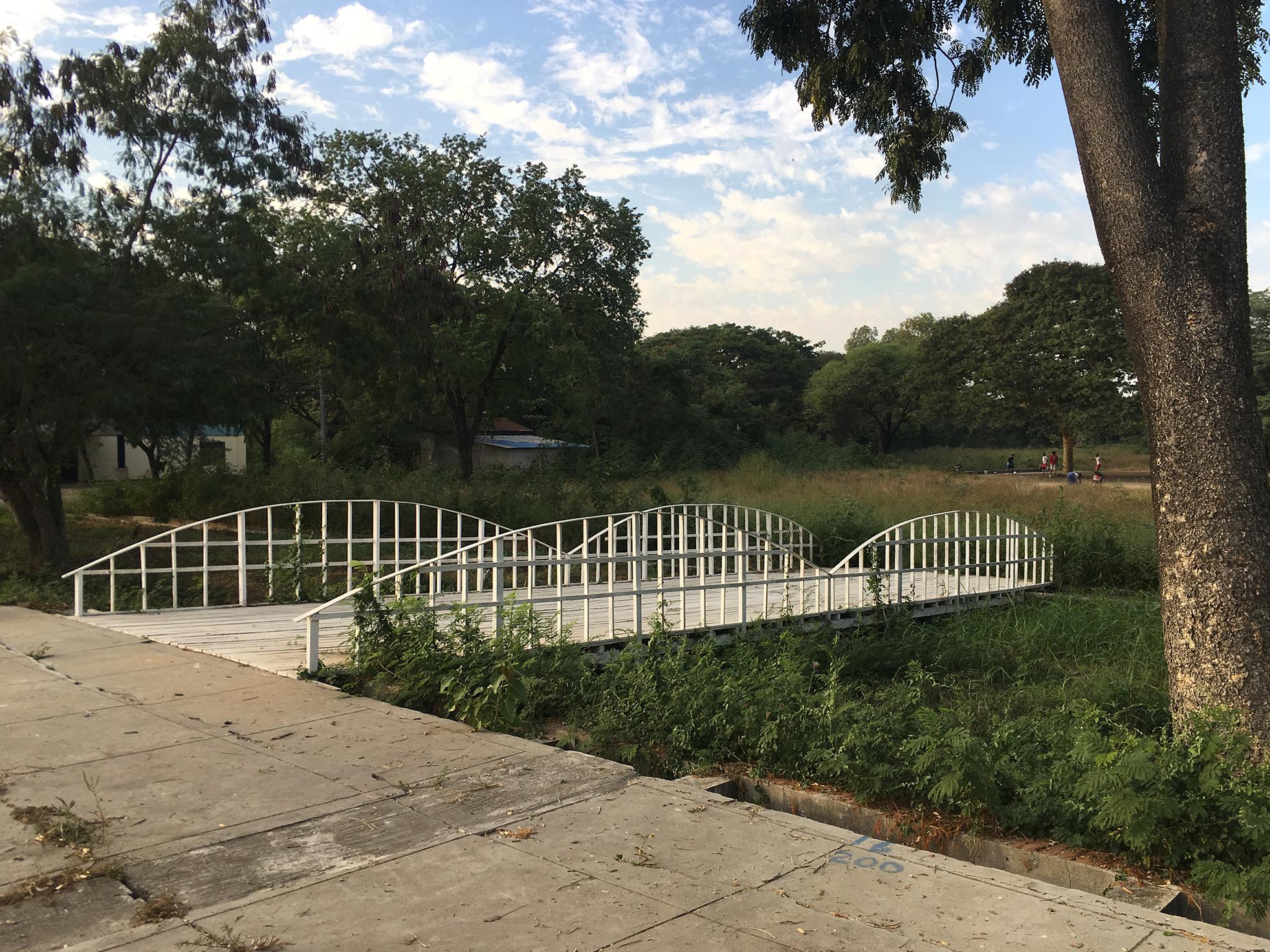Blinded like a state: urban sanitation, improvement and high modernism in contemporary Myanmar
Dans le cadre du séminaire « Bouillon d'idées »

Lundi 25 février 2019 - 12h00 à 13h00
Géopolis 3899
This paper explores a topic that has largely been left out of academic inquiry in Myanmar: how and what the state sees when it comes to attempts of materially improving the human condition throughout the country (Scott, 1998). The paper engages with the vision of the Myanmar state on improvement primarily through the lens of urban sanitation, building on qualitative material gathered from over 120 interviews carried out with state and non-state actors between 2015 and 2018 in Mandalay, the second largest city of the country. Taking a cue from Li (2005) and Ferguson (1994), the paper explores what state improvement efforts “actually do”, so as to contribute to answer Robert’s (2017) call to unveil what is and what makes the urban in Myanmar. The paper first argues that urban improvement in Myanmar cities – or at least in Mandalay – is still guided by a largely unchallenged state gaze, one that is now increasingly subjected to the governmental rationality of the National League for Democracy government. The paper further shows that this governmental rationality is hybrid, guided both by historically rooted sovereigntist aspirations and what seems to be a renewed will to improve. Although the paper does not question the genuineness of this will, it argues that urban improvement is increasingly being understood and carried out in aesthetic, shallow ways by the Myanmar state and that actual improvements to the human condition in Myanmar cities are yet to be witnessed. The paper identifies in this process the reemergence of high modernism à la Burmese, which it attributes not only to the re-engagement of international actors in the country but also to the state’s own understanding of urban challenges, its blinding practices and, possibly, political calculations of the current government.
This is the third result paper of Jérémie’s doctoral thesis. He will present it at the Myanmar Update 2019 in Canberra on March 15-16th.
Le «Bouillon d'idées» est un séminaire proposé par le groupe de recherche «Développement, Sociétés, Environnements», dans lequel les chercheuses et les chercheurs sont invité·e·s à présenter une recherche en cours.
L'entrée est libre. N'hésitez pas à amener votre repas.
Institut de géographie et durabilité